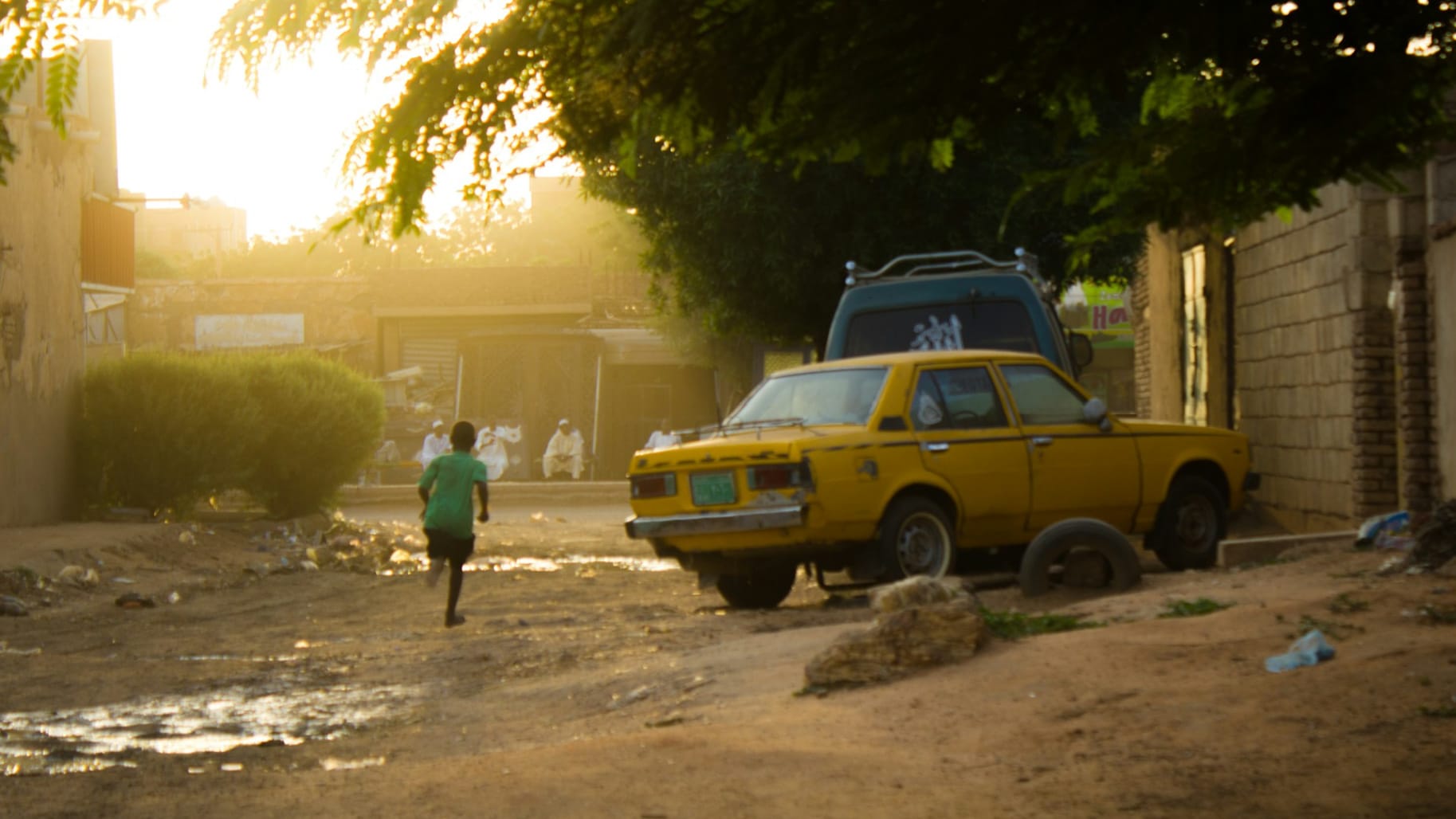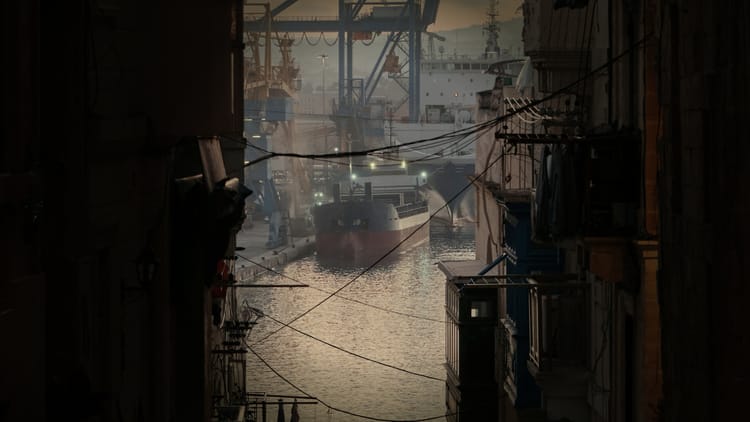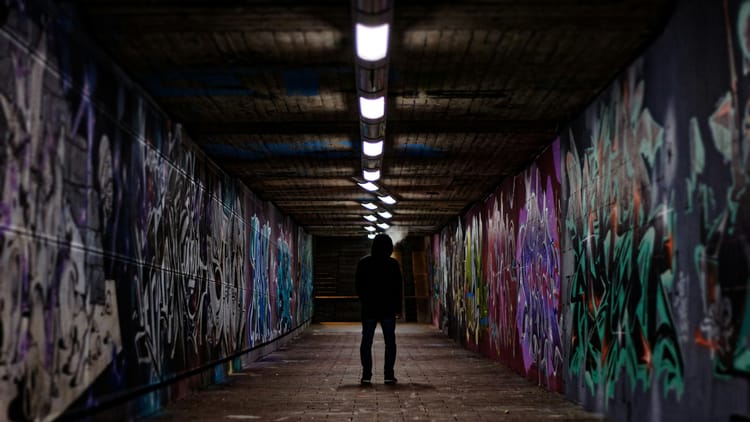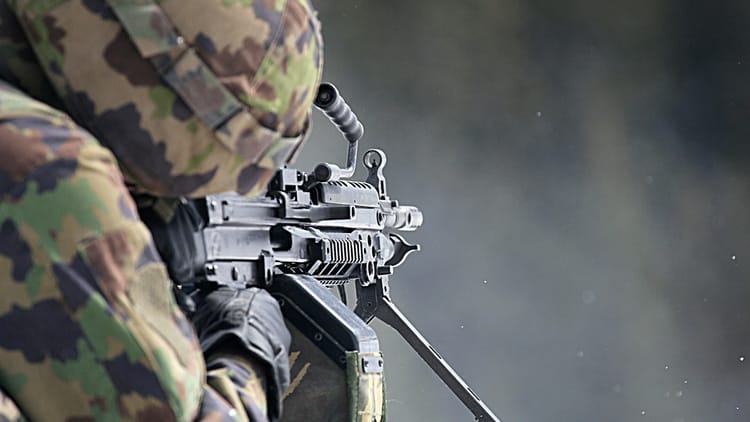‘It’s a scramble’
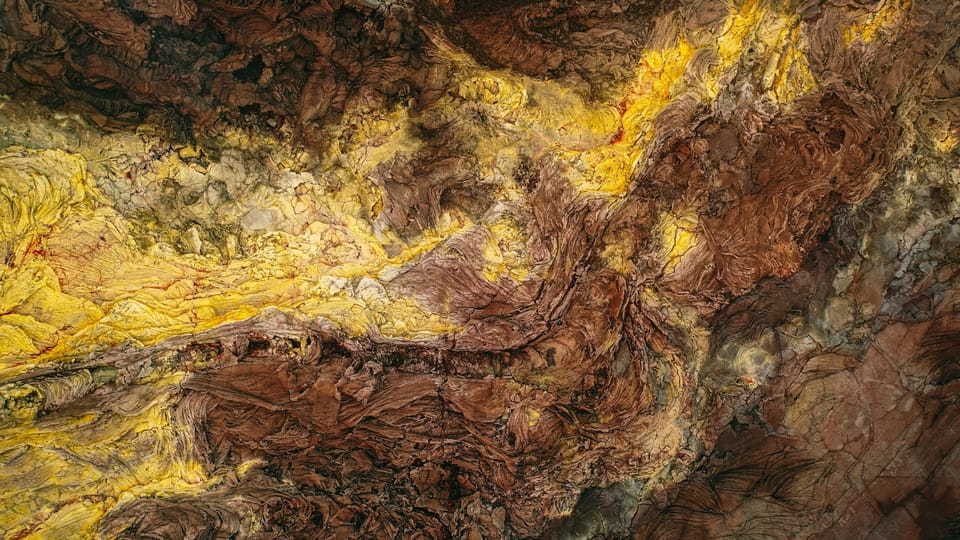
Since 2023, Sudan has been in the grip of a brutal civil war between the Sudanese Armed Forces and the Rapid Support Forces. In late October, the RSF captured el-Fasher, the capital of North Darfur and the SAF’s last major stronghold in the region, after an 18-month siege. Reports indicate mass killings followed—at least 1,500 people murdered in the days after the city fell, with tens of thousands fleeing on foot through the desert.
The United Arab Emirates backs the RSF, but it’s not the only external power making moves. Russian mercenaries have operated in Sudan since 2017, securing gold-mine concessions. When the civil war broke out, they began funneling weapons to the RSF while the Kremlin strengthened ties to the SAF. Ukrainian operatives have now reportedly begun targeting Russian forces there.
In the meantime, Egypt has been supporting the SAF, as has Turkey. This September, the Yale Humanitarian Research Lab reported that the RSF had acquired Chinese long-range “kamikaze” drones.
Why are so many global powers meddling in this conflict?
Alex de Waal is the executive director of the World Peace Foundation at Tufts University. De Waal says the scramble for Sudan started when the great-power understanding that African problems had to be managed multilaterally collapsed with NATO’s 2011 intervention in Libya. That intervention convinced Russia it couldn’t cooperate with the West in the Middle East. It also fractured the African Union—forcing countries to choose sides, rendering it a negligible force in Sudan today. Then the U.S. lost interest in Africa, handing the region to its partners—especially the U.A.E.—who’ve mismanaged it badly. Instead of international cooperation, there’s international competition.
These regional powers now struggle for supremacy inside Sudan. As de Waal sees it, it’s a corrupt carve-up. Political power is for sale to the highest bidder. Crippled by U.S. sanctions, the Sudanese economy remains—six years after the uprising against longtime leader Omar al-Bashir—in the hands of corrupt, kleptocratic networks led by military generals.
Corruption has become the animating force in Sudanese politics, and it’s why the Emiratis back the RSF. De Waal says the RSF shouldn’t be seen as a traditional militia but as a transnational start-up running various criminal enterprises. You can see these same corrupt patterns elsewhere, he says, but what sets Sudan apart is how transparently and obviously kleptocratic it is. There’s no pretense of ideological conflict—it’s open theft. The civil war is militarized corruption at work …
Gustav Jönsson: Why has Sudan collapsed into a civil war rather than transitioned toward democracy after the 2019 overthrow of al-Bashir?
